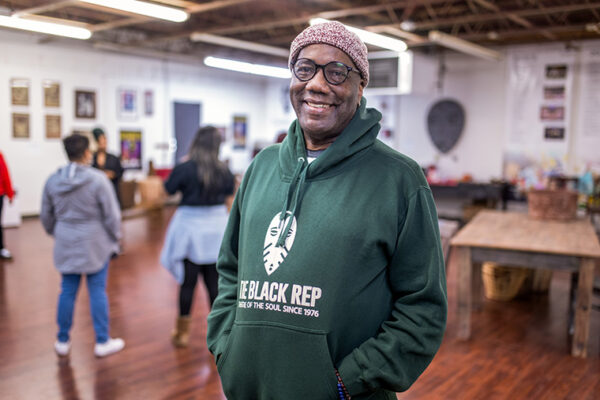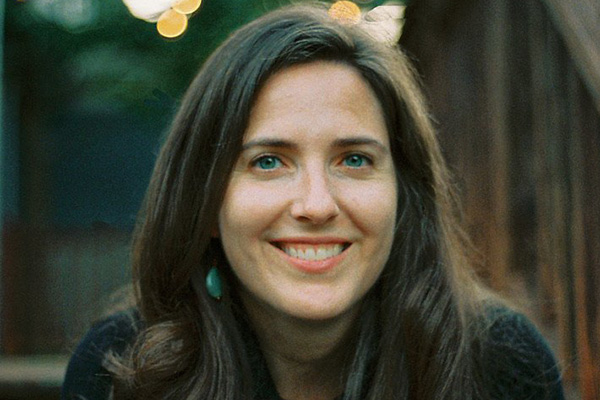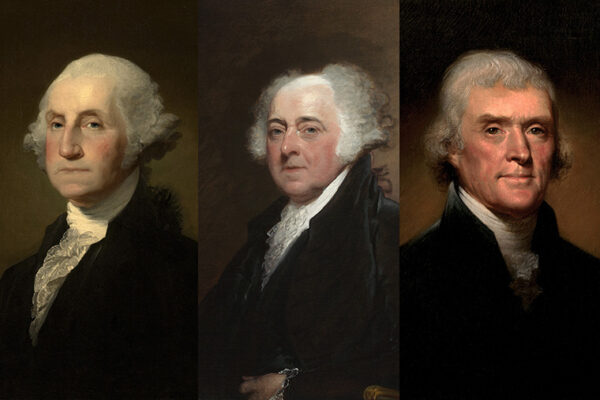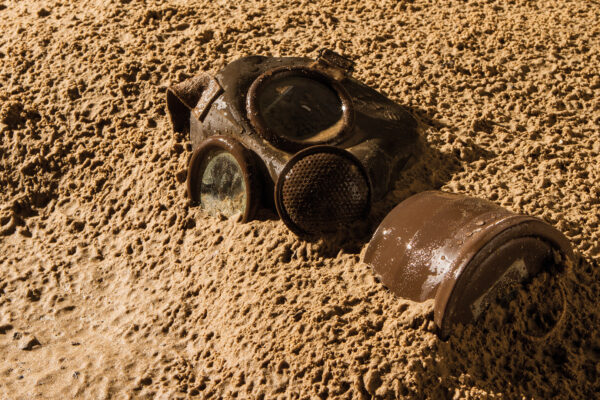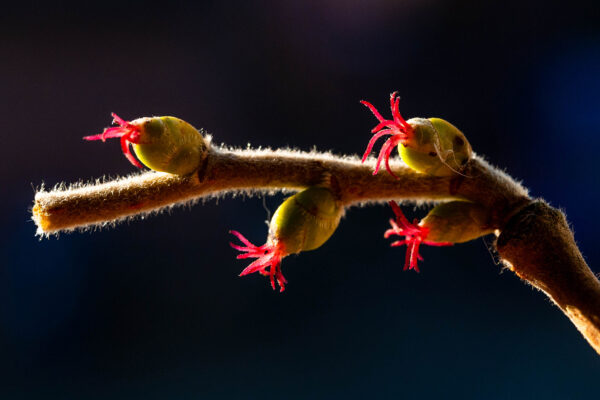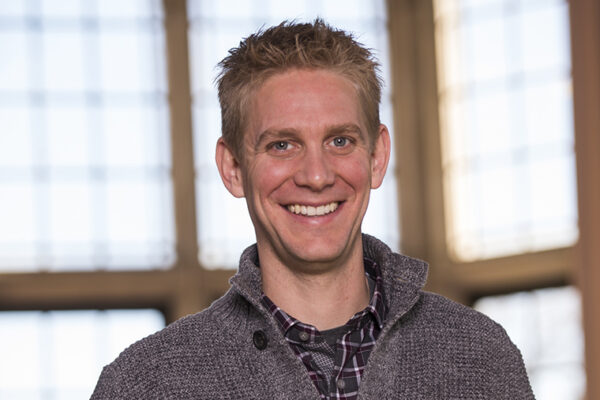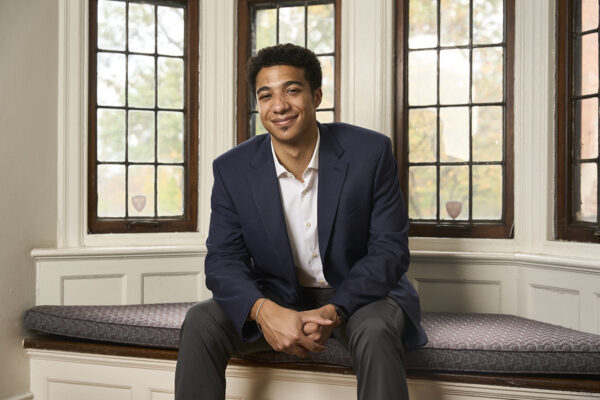‘A place to develop the work’
As founder and producing director of The Black Rep, Ron Himes has worked with scores of playwrights to stage hundreds of shows, including dozens of world premieres. This spring, The Black Rep will present new plays by two celebrated young dramatists: Melda Beaty’s Coconut Cake and Kelundra Smith’s The Wash.
Wholly matrimony
In The Wedding People, Alison Espach crafts a bestselling novel that celebrates and skewers our most beloved and absurd ritual, while offering wisdom on how start anew.
Creating a federal government
Politicians often claim to know what kind of government the founders would have wanted. Presidential historian Peter Kastor was struck by the relative lack of scholarship around an obvious follow-up question: What kind of government did the founders actually create?
WashU to develop new tools for detecting chemical warfare agent
Chemists in Arts & Sciences at Washington University in St. Louis have received a $1 million contract from the Defense Threat Reduction Agency to develop a quicker way to detect mustard gas and prevent exposure.
Lady in red
Research from biologist Susanne Renner in Arts & Sciences reveals the function of red stigmas in wind-pollinated flowers.
Duckett, Snipe chosen for selective summer program
Two WashU sophomores are among the 12 scholars chosen nationwide to participate in the Institute for Responsible Citizenship Washington Program, a highly selective initiative for talented Black male college students.
Leaders appointed for digital transformation
Two WashU faculty members have been appointed to leadership posts supporting the university’s Digital Intelligence & Innovation Accelerator.
Academy honors two university faculty
Two WashU faculty members will receive Outstanding St. Louis Scientist awards: battery engineer Peng Bai, at the McKelvey School of Engineering, and biologist Ram Dixit, in Arts & Sciences.
Van Engen appointed John C. Danforth Center on Religion and Politics director
Abram Van Engen, chair of the Department of English in Arts & Sciences, has been named the next director of the John C. Danforth Center on Religion and Politics. Van Engen has published widely on religion and literature.
Darden named a Gates Cambridge Scholar
WashU senior Elijah Darden, in Arts & Sciences, has been selected for the prestigious Gates Cambridge Scholarship, which fully funds postgraduate study and research at the University of Cambridge. There, he plans to earn a master’s in population health sciences.
View More Stories
